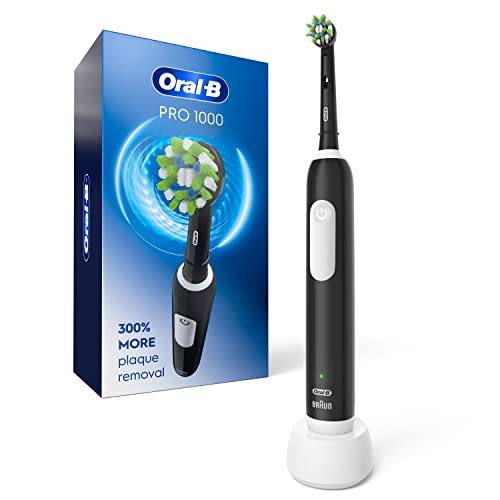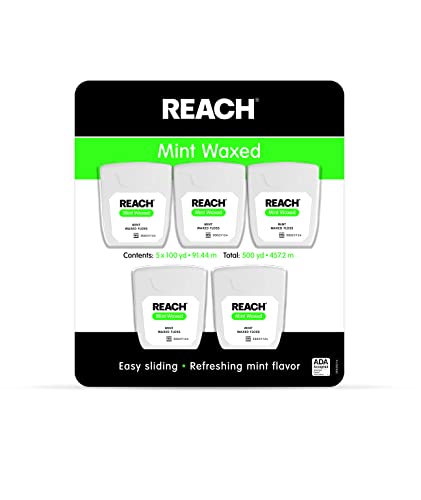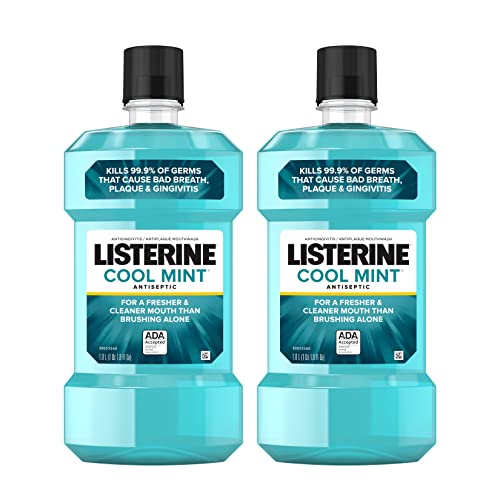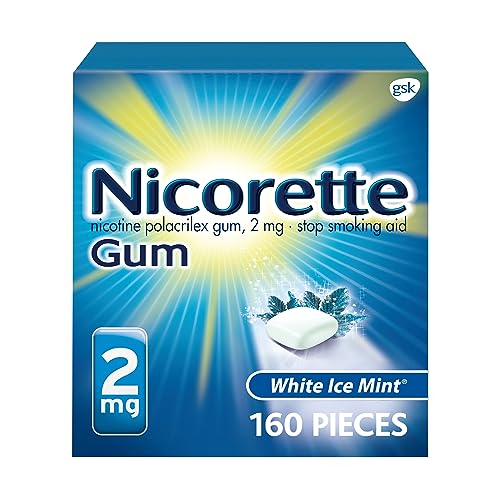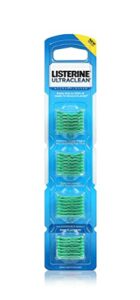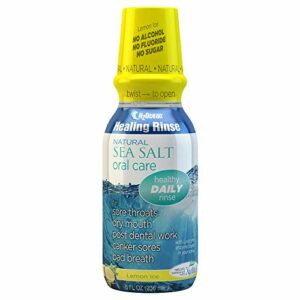In our step-by-step guide on how to prevent bad breath, we want to help you overcome the challenges and discomfort that come with this common issue. We understand how embarrassing and frustrating it can be to deal with bad breath, and we’re here to offer our support and guidance. Our purpose is to provide you with practical and easy-to-follow steps that will assist you in combating bad breath, so you can feel confident and fresh throughout your day.
Eliminate Embarrassment with Fresh Breath
Maintain good oral hygiene
To maintain good oral hygiene, it is essential to brush your teeth at least twice a day using a fluoride toothpaste and a soft-bristled toothbrush. Start by wetting the toothbrush and applying a pea-sized amount of toothpaste. Hold the toothbrush at a 45-degree angle to your teeth and gently brush in circular motions. Be sure to brush all surfaces of your teeth, including the outer, inner, and chewing surfaces. Don’t forget to brush your tongue as well, as it can harbor bacteria and cause bad breath. Use a gentle back-and-forth motion to clean your tongue, starting from the back and moving towards the front. Rinse your mouth thoroughly after brushing to remove any lingering toothpaste or debris.
Flossing is another crucial step in maintaining good oral hygiene. To floss effectively, start by taking a piece of dental floss about 18 inches long. Wrap the ends of the floss around your middle fingers, leaving about two inches of floss between your hands. Hold the floss tightly between your thumbs and index fingers, and gently slide it between your teeth. Curve the floss into a C shape around each tooth and move it up and down to remove plaque and food particles. Be careful not to snap the floss against your gums, as it can cause irritation. Repeat this process for all of your teeth, using a clean section of floss for each tooth. Finally, rinse your mouth with water or mouthwash to remove any loosened debris.
Stay hydrated
Drink plenty of water throughout the day to keep your mouth moist. This will help prevent dry mouth, which can contribute to bad breath. Make it a habit to take sips of water regularly, aiming to drink at least eight glasses (64 ounces) per day. Keep a water bottle with you at all times, and take small sips throughout the day to maintain hydration. Remember to drink water before, during, and after physical activity to replenish fluids lost through sweat.
Avoid excessive consumption of caffeinated or alcoholic beverages, as they can contribute to dehydration. Instead, opt for water as your primary source of hydration. Caffeine and alcohol act as diuretics, making you urinate more frequently and increasing fluid loss from your body. If you do consume caffeinated or alcoholic beverages, be sure to drink even more water to compensate for the dehydrating effects. Stay mindful of your intake and try to limit the consumption of these beverages, especially in hot weather or during intense physical activity.
Avoid foods that cause bad breath
Limit Consumption of Foods That Cause Bad Breath
- Avoid Certain Foods: When it comes to combating bad breath, it’s crucial to be mindful of what we consume. To prevent unpleasant odors, we should limit our consumption of foods known to cause bad breath, such as garlic, onions, and spicy foods. These ingredients contain volatile compounds that can linger in our mouths and emit strong odors, leading to undesirable breath. Therefore, it is recommended that we consciously reduce our intake of these foods, especially before social events or important meetings.
- Choose Alternatives: Instead of indulging in foods that may contribute to bad breath, we can opt for alternative choices that are less likely to cause odor. When seasoning our meals, we can replace garlic and onions with herbs like parsley or mint, which not only add flavor but also help freshen our breath. Additionally, choosing milder spices or opting for less spicy dishes can also be beneficial. By making these small adjustments, we can enjoy our meals while minimizing the risk of developing bad breath and feeling more confident in social situations.
Remember, it’s important to be mindful of our food choices and their potential impact on our breath. By limiting the consumption of certain foods and opting for alternatives, we can maintain a fresher breath and feel more at ease during important social interactions.
Quit smoking
Smoking not only stains your teeth but also contributes to bad breath. The chemicals in tobacco smoke can leave a yellowish tint on your teeth, making them appear dull and discolored. Additionally, smoking can cause dry mouth, which reduces saliva production and allows bacteria to thrive, leading to persistent bad breath. If you want to improve your oral health and freshen your breath, quitting smoking is a crucial step.
To start your journey towards healthier teeth and fresher breath, first, acknowledge the harmful effects of smoking on your oral health. Understand that quitting smoking can significantly reduce the staining on your teeth and alleviate bad breath caused by tobacco smoke. Next, seek support from friends, family, or even join a support group to enhance your motivation and receive encouragement throughout the quitting process. In addition, consider using nicotine replacement therapy or other cessation aids to help manage withdrawal symptoms and cravings. By quitting smoking, you can take control of your oral health and enjoy the benefits of fresher breath.
Regular dental check-ups
Schedule regular dental check-ups with your dentist to maintain good oral health. By doing so, you allow your dentist to provide professional cleanings and thorough check-ups. During these appointments, your dentist will use specialized tools to remove plaque and tartar buildup that cannot be effectively removed with regular brushing and flossing. This process not only keeps your teeth clean and bright but also helps prevent gum disease and tooth decay.
For instance, imagine going to your regular dental check-up and having your dentist discover a cavity that was not causing any pain or discomfort. By identifying and treating the cavity early on, your dentist can prevent it from progressing and causing further damage to your tooth. Additionally, regular check-ups can help your dentist identify any oral health issues that may be causing bad breath. This could include issues such as gum disease, dry mouth, or an underlying dental infection. By addressing these issues promptly, you can improve your breath and overall oral health.
Remember, visiting your dentist regularly is crucial in maintaining a healthy mouth. Be proactive and make an appointment today to ensure that your oral health is in the best possible condition.
Maintaining Fresh and Odor-Free Breath
In conclusion, by following these simple guidelines, we can effectively prevent bad breath and maintain fresh breath throughout the day. Maintaining good oral hygiene, such as brushing and flossing regularly, is crucial. Additionally, staying hydrated, avoiding foods known to cause bad breath, quitting smoking, and scheduling regular dental check-ups are all essential steps in combating this common issue. Remember, fresh breath not only boosts our self-confidence but also contributes to better overall oral health. Let’s take care of our oral hygiene and enjoy fresh breath every day!
Essential Supplies
Freshen Your Breath
Step-by-Step Guide to Keeping Your Breath Fresh
- First, brush your teeth thoroughly at least twice a day using a toothbrush and fluoride toothpaste
- Don’t forget to floss daily to remove food particles and plaque from between your teeth
- Use a tongue scraper or brush to clean your tongue, as bacteria can accumulate on its surface and contribute to bad breath
- Stay hydrated by drinking plenty of water throughout the day, as a dry mouth can promote the growth of odor-causing bacteria
- Avoid foods with strong odors such as garlic and onions, as they can linger in your breath even after brushing
- Limit your intake of sugary and acidic foods and beverages, as they can lead to dental decay and contribute to bad breath
- Consider using an alcohol-free mouthwash that contains antibacterial ingredients to help kill bacteria and freshen your breath
- Visit your dentist regularly for professional cleanings and check-ups to maintain good oral hygiene and address any underlying issues that may cause bad breath
Tips for Fresher Breath
How can we prevent bad breath caused by smoking or tobacco use?
To prevent bad breath caused by smoking or tobacco use, there are a few measures we can take. Firstly, it is important to maintain good oral hygiene. We should brush our teeth at least twice a day, using a fluoride toothpaste, and don’t forget to brush our tongue as well. Flossing daily helps remove any trapped food particles and plaque between our teeth.
Additionally, using mouthwash can help freshen our breath by killing bacteria and reducing bad odors. It’s also crucial to schedule regular dental check-ups and cleanings to address any oral health issues and receive professional guidance.
Quitting smoking or tobacco use is the most effective way to eliminate bad breath associated with these habits. We understand that quitting can be challenging, but it brings numerous health benefits. Consider reaching out to healthcare professionals or support groups that can provide guidance and assistance during the quitting process.
Lastly, staying hydrated by drinking plenty of water helps to keep our mouth moist and prevent dryness, which can contribute to bad breath. Chewing sugar-free gum or using sugar-free mints can also temporarily mask bad breath while promoting saliva production.
Remember, addressing bad breath caused by smoking or tobacco use requires a multi-faceted approach, including good oral hygiene, professional dental care, quitting smoking, and staying hydrated. Taking these steps will not only improve our breath but also benefit our overall health.


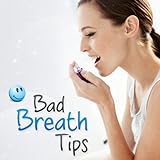




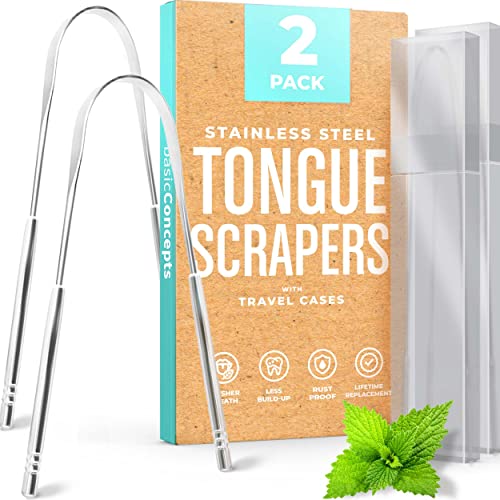

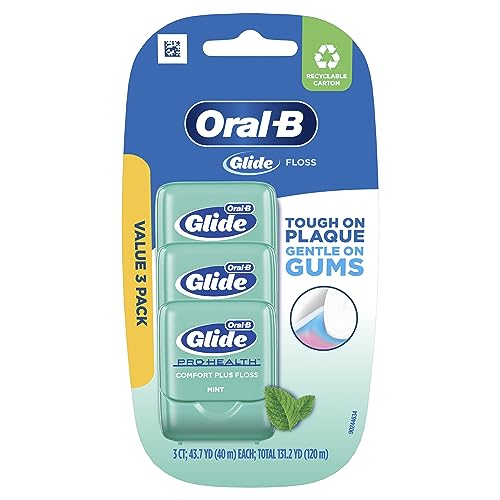


![How to prevent bad breath? 11 NatureWise Oral Health Chewable Probiotics | Supports Healthy Teeth, Gums, & Better Breath | Ear, Nose, Throat Immunity for Kids & Adults | Sugar-Free Natural Mint Flavor [2 Month Supply - 50 Tablets]](https://m.media-amazon.com/images/I/41vQGzhKsFL.jpg)
